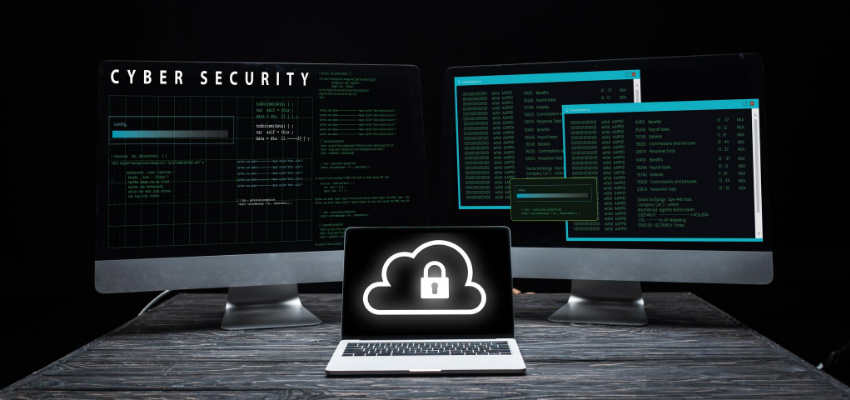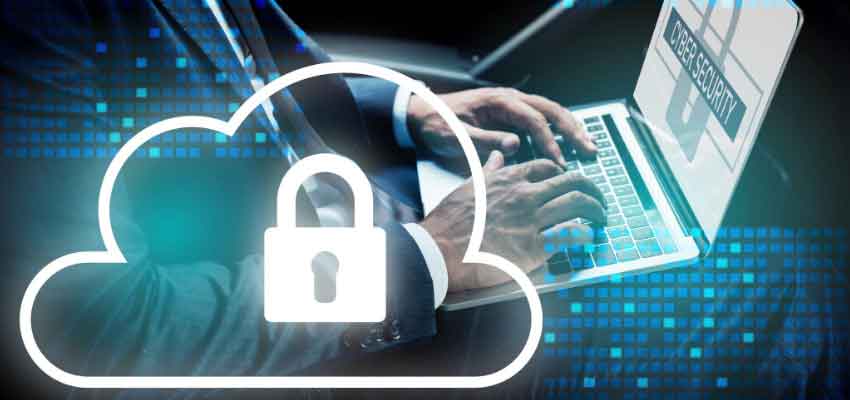Show:
Learn How To Manage Sensitive Company Data
It goes without saying that companies must take data security seriously. Not only is the safety of customer information at stake, but also the reputation and future of the company. In order to ensure that sensitive company data is kept safe, employees must be aware of the dangers of cybercrime and understand how to protect data from being hacked or stolen. Not only that, but they must also be diligent in managing this data on a day-to-day basis. Here are some tips on how to do just that:

1. Keep Your Data Safe From Cybercrime
Cybercrime is a real and present danger for companies of all sizes. For example, phishing attacks, in which hackers pose as legitimate businesses in order to gain access to sensitive data, are on the rise. In order to protect your company from these kinds of attacks, it is important to educate your employees about the dangers of cybercrime and how to spot suspicious activity. You should also have strict policies in place regarding the handling of company data, such as not opening attachments from unknown senders or sharing passwords with anyone.
You can learn more about data storage security by attending workshops or consulting with security experts. This will not only keep your data safe but also show your customers that you take their privacy seriously.
In order to protect your data from being hacked or stolen, you should take the following steps:
a. Use strong passwords
It is important to use strong passwords to protect your data from being hacked or stolen. A strong password is one that is difficult to guess and includes a mix of letters, numbers, and symbols. You should never use the same password for more than one account, and you should also change your passwords regularly.
If you have trouble remembering complex passwords, you can use a password manager to help you keep track of them.
b. Encrypt your data
Encrypting your data is one of the best ways to protect it from being hacked or stolen. When data is encrypted, it is turned into a code that can only be decrypted with the correct key. This means that even if someone does manage to gain access to your data, they will not be able to read it unless they have the key.
There are many different ways to encrypt data, so you should speak to a security expert to find the best solution for your needs.
c. Use two-factor authentication
Two-factor authentication is an additional layer of security that can be used to protect data. With this method, a user must provide two pieces of information in order to gain access to an account. This could include a password and a code that is sent to the user’s mobile phone.
Two-factor authentication makes it much more difficult for hackers to gain access to data, as they would need to have both the password and the code.

2. Be Diligent in Managing Your Data
It is important to be diligent in managing your data on a day-to-day basis. This includes ensuring that only authorized employees (Privileged Access Manager) have access to sensitive data and that this data is stored securely. You should also have a system in place for backing up data so that it can be recovered if it is lost or stolen.
For example, you could use a cloud-based storage system such as Dropbox or Google Drive. This way, if your data is lost or stolen, you will still be able to access it from another location. When it comes to cloud storage security, you should always encrypt your data before uploading it. Keep in mind that you should only store data that you are comfortable with sharing in the cloud.
3. Educate Your Employees About Data Security
It is important to educate your employees about the importance of data security and what they can do to protect company data. This includes raising awareness of the dangers of cybercrime and teaching them how to spot suspicious activity. You should also provide them with the tools and resources they need to keep your data safe, such as strong passwords and encryption software.
In order to ensure that your employees are always up-to-date on the latest data security threats, you should have a regular training program in place. This could include both online and offline courses, as well as regular updates from security experts.
4. Have a Data Security Plan in Place
It is essential to have a plan in place to quickly and efficiently respond to the incident in the event of a data security breach. This plan should include steps for identifying and containing the breach, as well as steps for restoring any lost or stolen data. Additionally, partnering with document storage companies can enhance your data security strategy.
It is also important to have a plan for preventing data breaches from happening in the first place. This could include regular security audits and implementing robust security policies.
Also, don’t forget to review and update your data security plan on a regular basis, as the threats landscape is constantly changing.

5. Work with a Data Security Expert
When it comes to data security, it is always best to work with a qualified expert. They will be able to assess your specific needs and put in place the best security measures for your business. They can also provide you with advice and guidance on how to keep your data safe.
If you are not sure where to start, you can search for data security experts in your area or contact a professional organization such as the Institute of Information Security Professionals (IISP).
Additionally, the National Cyber Security Centre (NCSC) provides free resources and guidance on how to protect your business from cyberattacks.
It is important to take the necessary steps to protect your company’s data from being hacked or stolen. This includes using strong passwords, encryption software, and two-factor authentication. You should also educate your employees about the importance of data security and have a data security plan in place in the event of a breach. If you are not sure where to start, you can search for data security experts in your area or contact a professional organization. The bottom line is that you should always take the necessary precautions to keep your data safe.

 Return to Previous Page
Return to Previous Page








